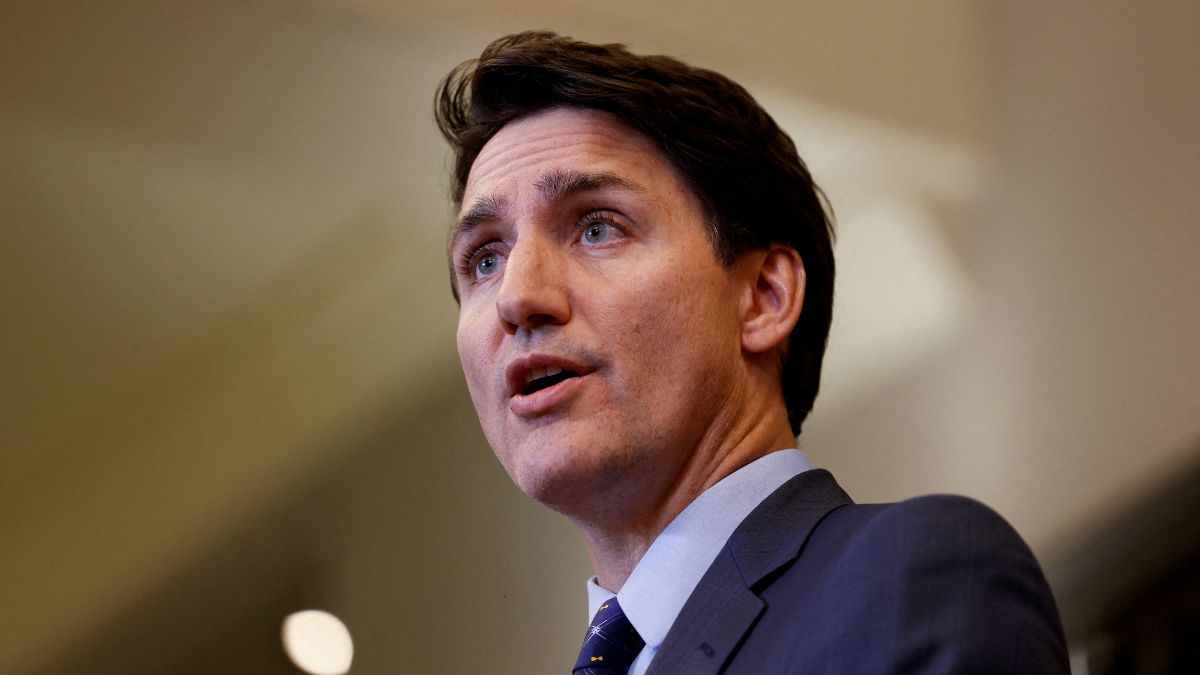Is Canada finally dialing down its hostility towards India, or is it simply reacting to the prospect of a White House shift? Just days after former President Donald Trump won the US election on November 5, 2024, Canada’s tone toward India has notably softened, signaling a shift towards a more diplomatic approach with New Delhi, a close US ally.
Until recently, Canada had been outspokenly adversarial towards India, both in its parliament and on the global stage, dismissing India’s repeated requests to take action against Khalistani separatists operating openly on Canadian soil. The Canadian government, led by Prime Minister Justin Trudeau, had appeared to endorse an approach that allowed Khalistani elements to challenge India’s sovereignty.
However, with Trump’s impending return to the Oval Office, Canada’s stance toward India seems to be undergoing a swift recalibration. Prime Minister Narendra Modi, who has a close rapport with President-elect Trump, contrasts sharply with Trudeau, whom Trump previously described as “a far-left lunatic” in 2022 and “very dishonest and weak” in 2018. This shift suggests that Canada’s diplomacy may be influenced by the changing dynamics of US foreign policy.
The quick arrests
The Canadian government has recently shown a quicker response against Khalistani supporters. Arshdeep Singh Gill, also known as Arsh Dalla and labelled a terrorist by India, was arrested in Ontario, Canada, after a shooting incident on October 28, 2024, in Milton. Dalla is linked to the banned Khalistan Tiger Force (KTF) and reportedly ran terror groups for Hardeep Singh Nijjar, another designated terrorist who was killed in June 2023.
The shooting happened when Guelph Police informed Halton police early on October 28 that two men had come to a hospital, one with a gunshot wound. Both men, aged 25 and 28, were arrested and charged with shooting with intent, and an investigation is ongoing. In another development, Punjab Police reported the arrest of two shooters associated with Dalla’s gang, allegedly involved in the recent killing of a Sikh activist in Kharar, Mohali.
Impact Shorts
More ShortsSeparately, Canadian police arrested a 35-year-old Brampton man on November 3 following a violent protest at the Hindu Sabha Mandir. Demonstrators waved Khalistani flags and clashed physically outside the temple. Peel Regional Police are investigating the incidents, many of which were caught on video, and the man faces assault charges.
Canada’s approach to the Khalistani issue has been heavily criticised. Canadian journalist Terry Milewski called it “hypocritical” and a “national disgrace,” highlighting Canada’s long-standing failure to address Khalistani separatism. He also condemned recent violence, blaming politicians for not confronting this influence sooner.
The Khalistan movement, pushing for a separate Sikh state in India, has been a major issue in India-Canada relations. Tensions escalated after the killing of Hardeep Singh Nijjar, a Khalistani leader, in Canada. Canadian Prime Minister Justin Trudeau accused Indian agents of being involved, a claim India denies. India, in turn, criticised Canada for allowing Khalistani extremists a safe haven.
In response, India recently expelled six Canadian diplomats and pulled back its High Commissioner, heightening the diplomatic rift. This crisis could impact economic ties, including Canada’s $75 billion pension fund investments in India, stalled trade talks, and remittances from Canada.
Return of Trump: Cheer for India, fear for Canada
India welcomed Donald Trump’s return to the White House, with Prime Minister Narendra Modi among the first to congratulate him on his election win. Modi shared photos from their rally in Houston five years ago and soon followed up with a phone call. Trump’s administration is expected to keep seeing India as a key partner, especially in balancing China’s growing influence, which has led to major investments from US companies like Apple. Experts believe Trump will continue to see China as the main geopolitical challenge, solidifying India’s role in US strategy. While military ties are likely to strengthen, it remains to be seen if this will bring broader economic and trade benefits for India.
For Canada, Trump’s return poses economic challenges, as 75 per cent of Canadian exports go to the US. Key concerns include possible trade disputes that could harm Canada’s economy and an increase in people crossing the border from the US. Trudeau’s approval ratings are currently low, and polls suggest he may lose to his Conservative opponent. Canada is also facing economic issues like rising costs of living and diplomatic tensions with both China and India. As a major oil producer, Canada is vulnerable to Trump’s proposed 10 per cent tariff on imports and his plans to boost U energy production.
Despite these concerns, Trudeau expressed a willingness to work with Trump, pointing out the strong ties between the two countries. Still, Canada’s economy could feel the impact: Desjardins Economics projects a 1.7 per cent drop in Canada’s GDP by 2028 under Trump’s policies, and the Canadian Chamber of Commerce warns of potential income and productivity losses due to tariffs and trade tensions. According to Reuters, in Trump’s first term, he renegotiated NAFTA, replacing it with the USMCA, and has suggested he may push for further changes in 2026.
)